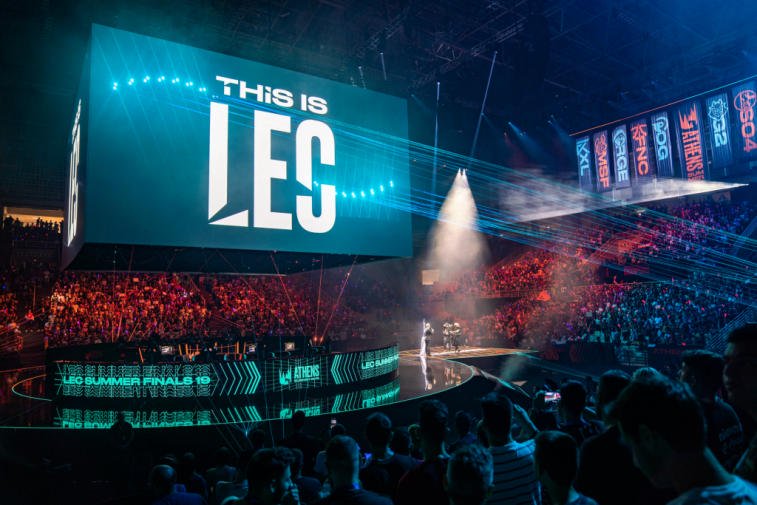An ‘esport’ is simply a gaming community taken to another level. To truly understand a specific esport, it’s essential to know how exactly the game works. In addition, certain terms such as ‘FGC’, ‘FPS’ and ‘MOBA’ are all foreign terms to new viewers. In this episode of Understanding the Industry, we’ll be taking a look at the Esports Genres.
One by one, let’s tackle the most popular genres.
Strategy
The term ‘strategy’ is probably the vaguest of all the ones we’ll cover today. Strategy games focus entirely on making calculated and well-time decisions in order to better an opponent. Oftentimes, this involves placing troops or resources in a certain pattern or sequence. As competitive titles, strategy games do not have an emphasis on mechanical skill and moreso on mental capacity.

Within the wide genre of ‘strategy’, the sub-division of ‘real-time strategy’ (RTS) and ‘turn-based strategy’ (TBS) exist. While TBS may be fairly popular with titles such as Sid Meier’s Civilization, RTS takes the cake for the esports industry. By eliminating the restrictions of a turn-based system, RTS allows for a tremendous variety in gameplay.
In this balance of micro and macromanagement, some of the most popular esports titles of all time have been born:
- Age of Empires series
- Starcraft I and II
- Warcraft III
- Clash of Clans (mobile)

Another subdivision in the genre is tower defense. Placing defences and offences to best an opponent in turns is exemplified by the very popular mobile title of Clash Royale. A similar concept is the ‘Auto-Battling’ genre where characters are placed down a board and conflict is simulated. Such a craze last year over the genre gave birth to multiple titles:
- Dota Underlords
- Auto Chess
- Teamfight Tactics
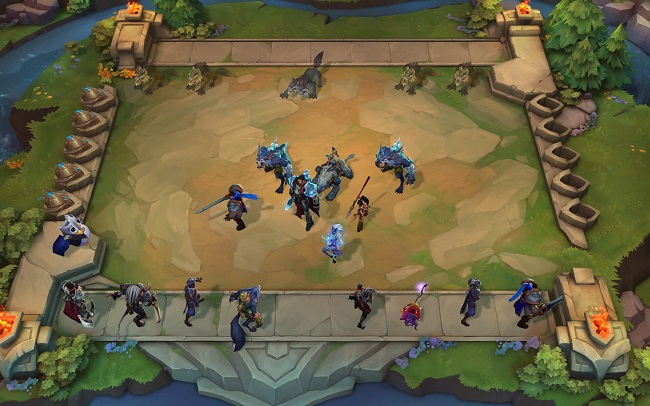
The final esports genre we’ll cover in this regard is that of Collectible Card Games, or ‘CCG’. Based on slower and more personal engagements with a mix of luck, players use cards to bring the enemy’s health down to zero. With an incredible variety, the genre is great for esports:
- Legends of Runeterra
- Hearthstone
- Magic: The Gathering Arena
Other titles considered strategy games include titles such as World of Tanks, UNO and TEPPEN.
First-Person Shooters (Non-BR)
Now we’ll tackle FPS, or first-person shooters. Consisting of dynamic gameplay, usually in teams, players carry firearms with their view positioned behind the sight of the weapon. Through movement and objective play, some fast-paced action requiring mechanical skill may be achieved.
Indeed, the following are some examples:
- Battalion 1944
- Call of Duty series
- Halo series
- Overwatch
- Rainbow Six Siege
- Unreal Tournament
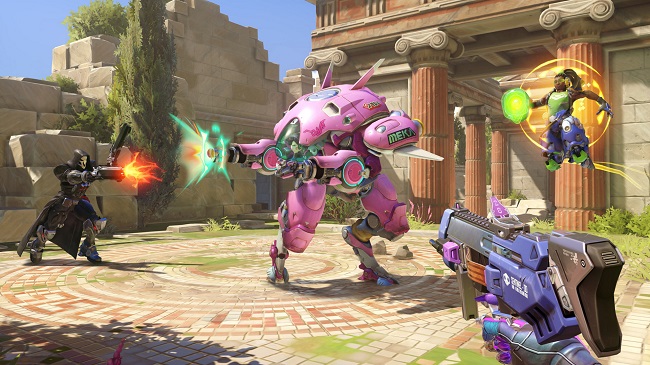
Each offers unique mechanics such as selecting characters with abilities and more. Although requiring more mechanical skill, strategy is present. This can be seen especially through tactical shooters. Based on a bomb defusal format, examples include:
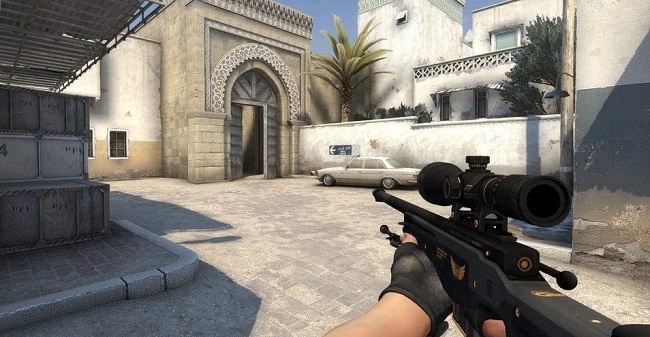
However, the above titles do not include those which fall under the genre of ‘Battle Royale’.
Meanwhile, the genre of third-person shooters in esports genres only involves one title – the Gears of War series.
Battle Royale – Esports Genre of 2019
Chiefly, 2019 was the year which witnessed the explosion of battle royale. Both first-person or third-person, the concept revolves around being the last person/team standing.
Evidently popular among the gaming community, here are some well-known examples:
- Fortnite
- PlayerUnknown’s Battlegrounds
- Apex Legends
- PUBG Mobile
- Call of Duty Warzone
- Hyperscape
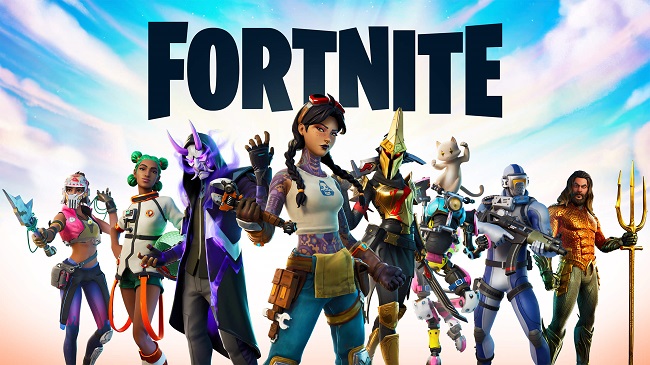
Overall, a mix of strategy and action allows for varied gameplay.
MOBA
Undeniably, the largest esports scenes all fall under the genre of MOBAs. Short for ‘Multiplayer Online Battle Arena‘, the depth of gameplay is often shocking. Players in teams, usually, fight out across a fixed map with lanes. Through a third person or bird’s eye view, movement is directed through clicks.
Accordingly, players may then utilize the abilities of characters to advance forward. The main aim is to take down enemy defences and eliminate their hub. Characters may be upgraded and metas are always shifting. The following are prime examples:
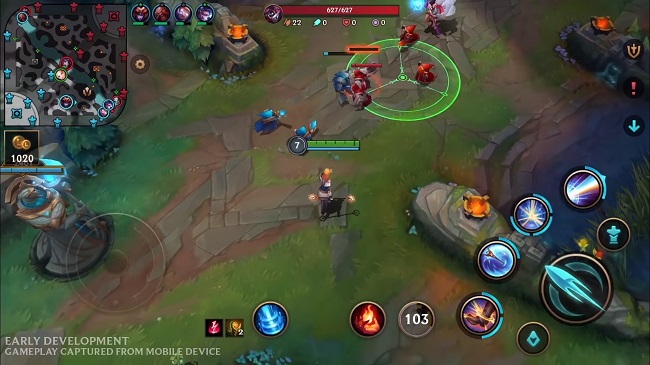
Fighting Games
The ‘FGC’, or fighting-game community, revolves around fast-paced 1v1 action. Through inputting certain buttons and stringing combos, one may eliminate the opponent. Based on split-second decisions, gameplay is very heated and resultantly, passionate.
Some titles focus on reducing health while others, ‘brawlers‘ focus on kicking enemies off a stage.
One of the most exciting from the esports genres, here are some examples:
- Brawlhalla
- Dragon Ball FighterZ
- Injustice series
- Mortal Kombat series
- Marvel vs Capcom series
- Persona series
- Soul Calibur series
- Street Fighter series
- Tekken series
- Super Smash Bros.
Racing and Sports Simulators
As racing is a form of sports, we’ll tackle the genres together. Firstly, racing as an esport is fairly straight forward. Players compete to either earn pole position or the fastest time.
Some may be simulator-focused while others more arcade-focused. The following are a few examples of competitive racer titles:
- F1 series
- Forza Motorsport series
- Gran Turismo series
- Project Cars series
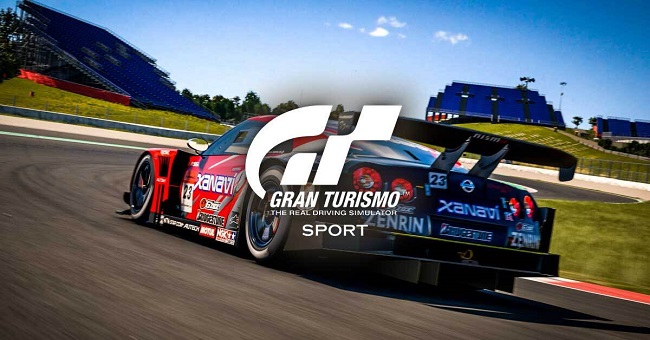
When it comes to sports simulators, it’s again, very straightforward. The title will make use of the same rules of the traditional sport. The following are examples:
- FIFA series
- Madden NFL series
- NBA 2k series
- Rocket League
The only exception here is Rocket League. Uniquely, it is its own esport and does not copy a traditional sport. Accordingly, it’s the most popular in the genre.
Conclusion
All in all, esports genres are loose terms and do not restrict developers from experimenting. For more news, visit
https://www.esportsguide.com/.

